AI: The New Steam Engine Driving the Next Industrial Revolution
Just like the steam engine, AI is having a profound impact on the way we work and live. It is already being used in a wide range of industries, including manufacturing, logistics, healthcare, and finance, to increase efficiency and reduce costs.
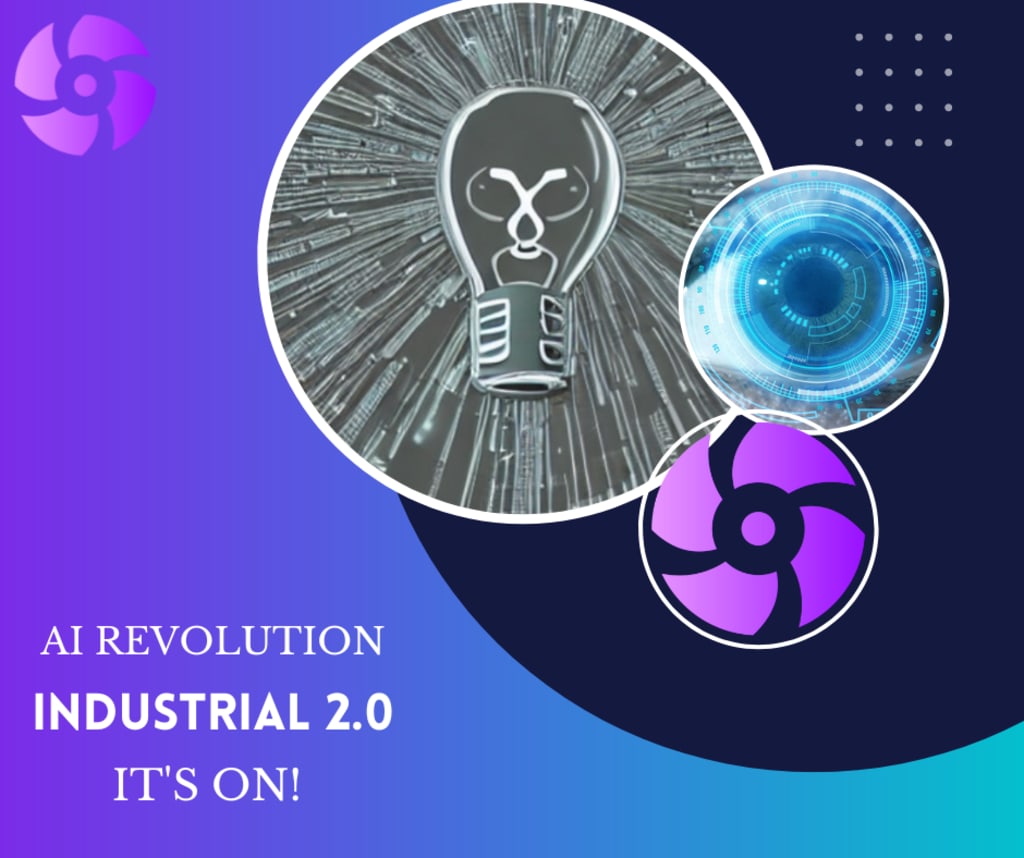
The Impact of the Steam Engine on the Industrial Revolution and How Artificial Intelligence is Poised to do the Same Today
The invention of the steam engine drove the industrial revolution of the 19th century.
The steam engine made it possible to power machines with steam, which greatly increased productivity and efficiency.
It led to the development of new manufacturing methods, cities' growth, and new jobs. It also led to a significant increase in the standard of living for many people.
Fast forward to the 21st century, and we are now seeing a similar transformation taking place, driven by the advent of artificial intelligence (AI).
AI is a set of technologies that enable machines to perform tasks that would normally require human intelligence, such as understanding natural language, recognizing images, and making decisions.
Just like the steam engine, AI is having a profound impact on the way we work and live. It is already being used in a wide range of industries, including manufacturing, logistics, healthcare, and finance, to increase efficiency and reduce costs.
It is also being used to improve customer service, marketing, and other business areas. And it is increasingly being used in education and training to improve the effectiveness of programs…
In this blog post, we will explore the ways in which AI is changing the world and discuss the implications for society.
We will look at how AI is being used in industry, healthcare, business, education, and society as a whole. We will also explore the potential for an even greater impact in the years to come.
---
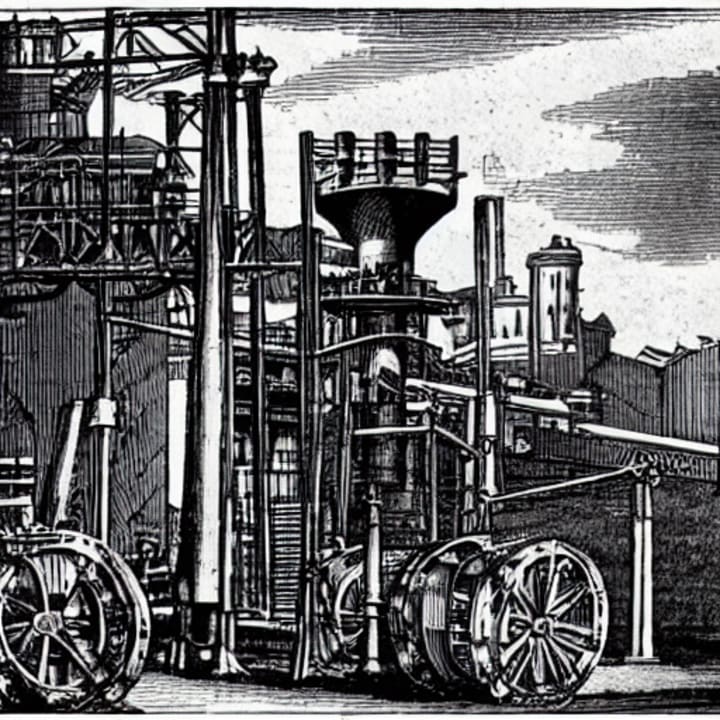
AI in Industry: How AI is Being Used in Manufacturing, Logistics, and Other Industries to Increase Efficiency and Reduce Costs
The use of AI in the industry is already having a significant impact on productivity and efficiency. In manufacturing, for example, AI-powered robots are being used to automate repetitive tasks, such as welding and assembly.
This not only increases productivity but also improves the quality of products and reduces the risk of injuries to workers.
AI is also being used in logistics to optimize supply chains, improve inventory management, and reduce transportation costs.
In addition to these specific examples, AI is being used in a variety of other ways to improve efficiency and reduce costs in the industry.
For example, AI-powered predictive maintenance can predict when equipment is likely to fail, allowing companies to schedule repairs or replacements before a breakdown occurs.
AI-powered process optimization can help companies identify and eliminate bottlenecks in their operations.
And AI-powered quality control can help companies ensure that their products meet the highest standards.
The potential benefits of AI in the industry are enormous.
In the future, it is likely that AI will be used to create new products and services that we can't even imagine today. It will also help to create new jobs and spur economic growth.
However, as with any technological change, there are also potential downsides, such as job displacement and the need for retraining.
Therefore, it is essential for companies and policymakers to carefully consider the implications of AI and take steps to mitigate any negative effects.
---
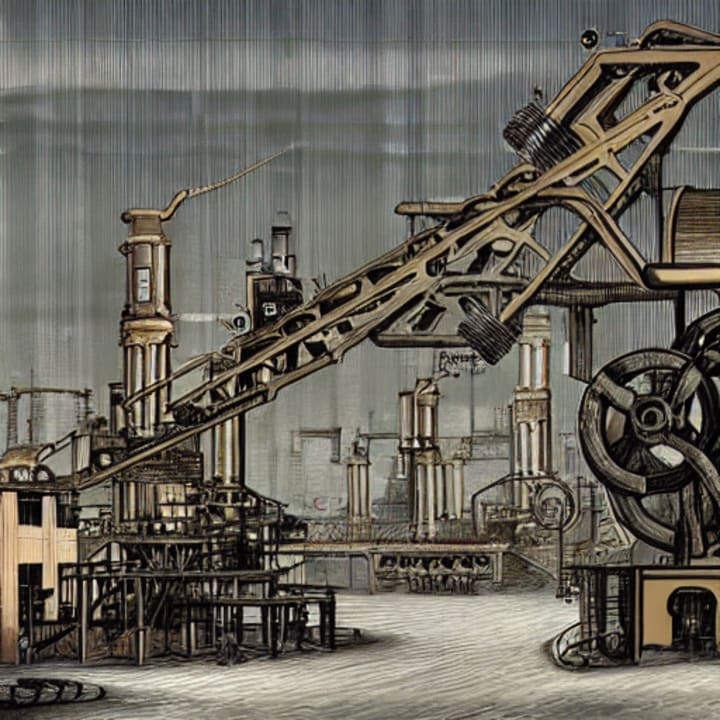
AI in Healthcare: How AI is Revolutionizing Medical Research and Patient Care
AI is also having a significant impact on healthcare, with the potential to improve patient outcomes and reduce costs. In medical research, AI is being used to analyze large amounts of data, such as genetic information and medical images, to identify new treatments and cures.
In patient care, AI is being used to improve the accuracy of diagnoses, the efficiency of treatments, and the monitoring of patients.
For example, AI-powered diagnostic tools can analyze medical images and help doctors identify diseases such as cancer earlier and more accurately.
AI-powered chatbots can provide personalized health advice and answer patients' questions. AI-powered drug discovery can help researchers identify new treatments for diseases more quickly. And AI-powered medical robotics can assist surgeons in the operating room.
The potential benefits of AI in healthcare are also pretty huge when you consider them. In the future, it is likely that AI will help to extend people's lives by preventing and treating diseases more effectively.
Therefore, it is vital for healthcare providers and policymakers to carefully consider the implications of AI and take steps to mitigate any negative effects.
---
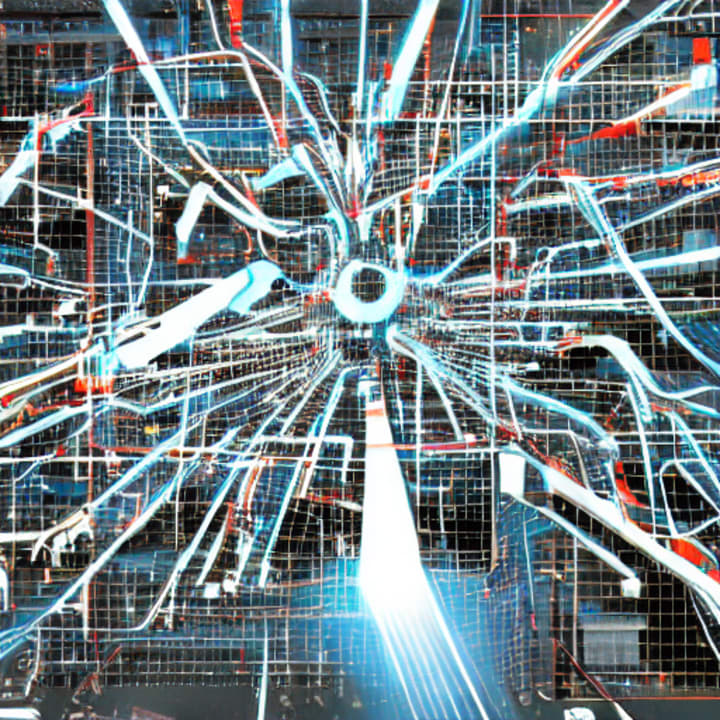
AI in Business: Unleashing the Potential of Artificial Intelligence in Improving Operations and Customer Engagement
Artificial Intelligence (AI) is not only revolutionizing traditional industries but also reshaping the way businesses operate.
Companies of all sizes are discovering the benefits of leveraging AI to streamline operations and enhance customer engagement.
One way businesses are utilizing AI is by incorporating chatbots into their customer service strategy.
These AI-powered virtual assistants not only provide instant assistance to customers but also help businesses save time and resources.
Additionally, AI-powered marketing tools are being utilized to analyze customer data and create targeted campaigns, leading to increased conversions and sales.
Additionally, AI is being employed in various other areas of business operations, such as human resource management and financial analysis.
AI-based recruitment tools are able to identify the most suitable candidates for job openings, while AI-powered financial management tools can uncover patterns in financial data, allowing for more informed decisions.
The incorporation of AI in business brings about a plethora of advantages, from cost savings to new opportunities for growth.
However, it's essential for companies to carefully evaluate the potential risks and ethical considerations surrounding the use of AI, and take the necessary measures to address them.
---
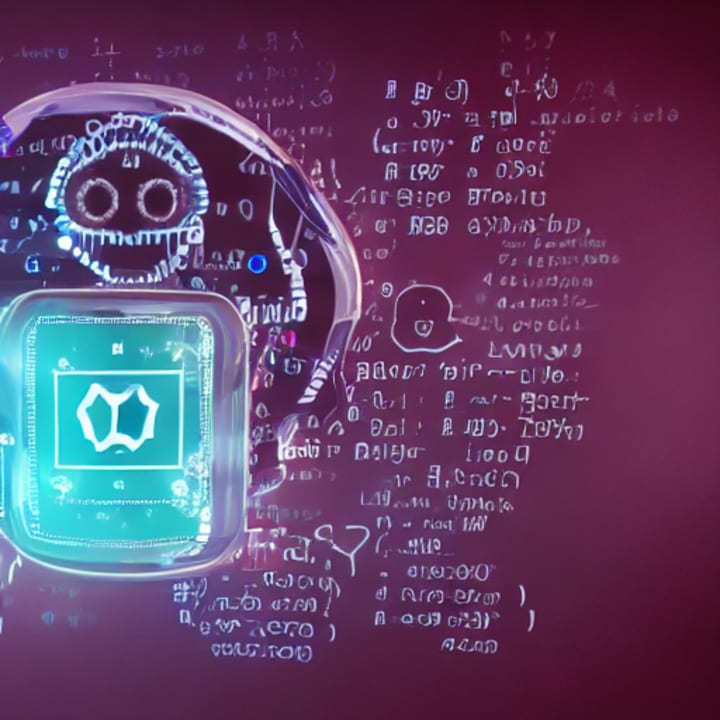
AI in Education and Training: Transforming the Way We Learn and Skill Up
Artificial Intelligence (AI) is not just impacting businesses and industries, it is also revolutionizing the way we learn and train for new skills.
The use of AI in education and training is providing new opportunities for personalization, efficiency, and accessibility.
One way AI is being used in education is through personalized learning programs. These programs use AI to adapt to the individual student's learning style and pace, providing a more tailored and effective learning experience.
Additionally, AI-powered virtual tutors and language learning apps are becoming increasingly popular, making it easier for individuals to acquire new skills and knowledge.
In terms of training, AI is being utilized to streamline the process and make it more efficient.
For instance, AI-based simulations are being used to provide hands-on training in fields such as medicine and aviation.
These simulations allow trainees to practice in a safe and controlled environment, without the need for expensive equipment or facilities.
AI in education and training is opening up new possibilities for learners and professionals alike.
However, it's essential to consider the potential ethical and societal implications of AI in education, such as the possible widening of the skills gap and the need for retraining.
---
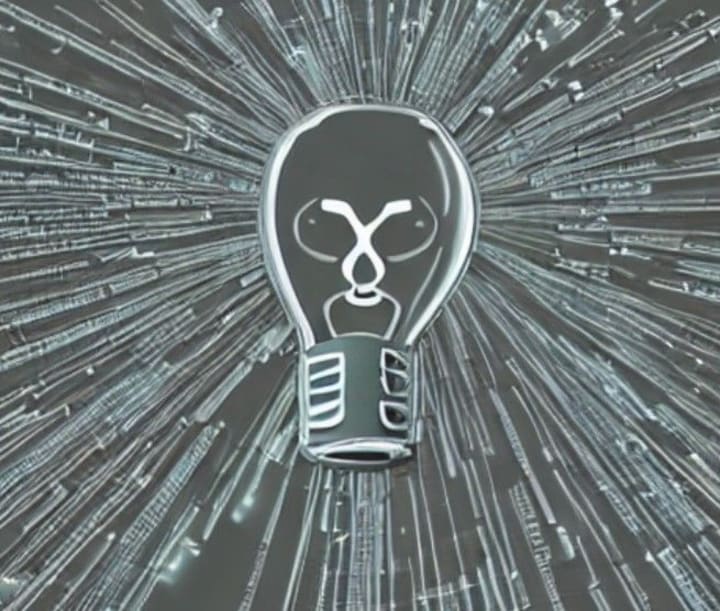
The widespread use of Artificial Intelligence (AI) is not just revolutionizing various industries and businesses, but also having a significant impact on society as a whole.
AI is affecting employment, privacy, and other social issues, and it is crucial for us to navigate these impacts.
One of the most significant impacts of AI on society is the potential displacement of jobs. AI-powered automation is already replacing human workers in certain industries, and this trend is likely to continue in the future.
It is important for governments and companies to take steps to mitigate the negative effects of job displacement, such as providing retraining programs for affected workers.
Another impact of AI on society is privacy concerns.
The collection and use of personal data by AI systems raise serious privacy concerns, and it is important for governments and companies to take steps to protect individuals' personal data.
In addition to employment and privacy, AI is also having an impact on other social issues such as inequality, bias, and accountability.
It is important for society to have open and transparent discussions about these issues, and to work together to find solutions that benefit everyone.
---

Charting the Course for the Future of Artificial Intelligence
Artificial Intelligence (AI) is a powerful technology that is already having a significant impact on the way we work and live.
It is being used in a wide range of industries, including manufacturing, logistics, healthcare, and finance, to increase efficiency and reduce costs.
It is also being used to improve customer service, marketing, and other areas of business. And it is increasingly being used in education and training to improve the effectiveness of programs.
The potential benefits of AI are enormous. In the future, it is likely that AI will help to extend people's lives by preventing and treating diseases more effectively.
It will also help to reduce healthcare costs by making medical care more efficient. However, as with any technological change, there are also potential downsides, such as job displacement, privacy concerns, and the need for retraining.
It is important for individuals, businesses, and governments to work together to navigate the impact of AI on society and chart a course for the future that maximizes the benefits and minimizes the risks.
By collaborating and sharing knowledge, we can ensure that AI is used in a responsible and ethical manner and that it benefits everyone.
---
Originally published at https://aiprofitinsider.com on January 24, 2023.
About the Creator
Rui Carreira
A full-time blogger on a writing spree!
Founder of https://instageeked.com






Comments
There are no comments for this story
Be the first to respond and start the conversation.